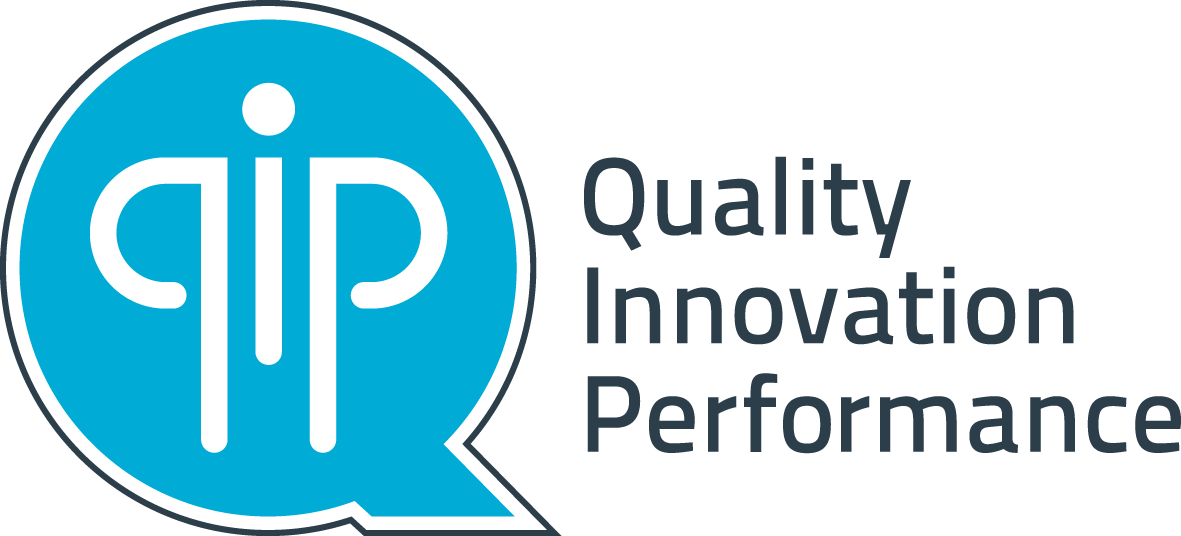Latest news

Assessors in Focus: Daena Wilson
 Daena Wilson is one our newly certified assessors with the Quality Innovation Performance Limited (QIP) team, bringing with her a wealth of experience from her tenure across NSW Health. In her current full-time role, Daena actively supports her organisation in their assessment against the National Standards.
Daena Wilson is one our newly certified assessors with the Quality Innovation Performance Limited (QIP) team, bringing with her a wealth of experience from her tenure across NSW Health. In her current full-time role, Daena actively supports her organisation in their assessment against the National Standards.
Join us for an enlightening Q&A session with Daena as she generously shares her experiences, motivations, and the invaluable lessons she’s gained from recent assessments as a QIP assessor. Daena’s practical advice is a treasure trove for those considering a career in this field, and her insights highlight the prevalent healthcare improvement themes and how accreditation plays a pivotal role in addressing these concerns.
We invite you to delve deeper into the article below to explore Daena’s firsthand knowledge and experience as a QIP assessor, offering a holistic view of the healthcare assessment and improvement landscape.
“Engaging in both assessment and being assessed, I believe, offers a unique opportunity to learn from other organisations and, in turn, enhance my ability to prepare my own organisation effectively.”
As a newly qualified assessor, tell us about your experience going through the QIP accreditation process?
The thoroughness of the orientation and induction program, combined with the completion of all Commission requirements for becoming an assessor, highlighted the importance of comprehensive and detailed training in this role.
With so much experience across NSW Health, what motivated you to become a QIP assessor?
In my current role I am dedicated to supporting my organisation in preparing for National Standards assessments. I saw immense value in gaining a dual perspective by becoming an assessor myself. Engaging in both assessment and being assessed, I believe, offers a unique opportunity to learn from other organisations and, in turn, enhance my ability to prepare my own organisation effectively.
What do you enjoy most about being a QIP assessor?
Learning about the great work other health facilities are doing to improve the safety and quality of patient care, contributing to a team assessment process and visiting a variety of different locations and health contexts.
What piece of advice would you give to someone considering becoming a QIP assessor?
Take your time and make sure you have a thorough understanding of the National Standards and how they apply in different contexts.
What top tips would you share for preparing for the accreditation process?
Fostering a successful accreditation process requires consistent communication with the assessment team before and during the assessment to align views, address concerns, and understand specific Standards. Flexibility is essential to adjust the timetable and remain adaptable in evidence gathering. Timely communication with the Team Leader is crucial to address concerns promptly and influence the final outcome positively.
Tell us about a recent assessment you undertook and any challenges or improvements that were highlighted. What stood out as key learnings from the assessment?
I recently conducted an assessment at a Day Surgery Facility, where we identified certain aspects around risk screening of patients and the absence of a patient self-escalation process in case of clinical deterioration. These issues were relatively straightforward to address, and with some minor guidance provided during the assessment, the facility was able to take action and received a “Met with Recommendation” rating instead of a “Not Met” for these specific actions.
With your fellow QIP assessors in mind, what was the most significant lessons learned from this experience?
This experience highlighted that certain actions are on the verge of implementation in some facilities without their awareness. Occasionally, it is essential to employ creativity in presenting evidence on how actions can be fulfilled, and even a small nudge or suggestion can help an organisation make improvements before the assessment concludes.
In your experience, what are some of the common themes in areas for improvement in the delivery of healthcare?
Ensuring the presence of a robust localised clinical governance framework that actively engages consumers in its design and collaborative efforts, and one that is understandable to the staff at a practical level is crucial. This framework should align with all National Standards, facilitating the dissemination of information and improvement initiatives throughout the organisation. Another noteworthy challenge observed during assessments pertains to the establishment of a single comprehensive care plan that embodies a multidisciplinary approach and includes both the patient and their family in decision-making and care planning.
How does accreditation work as a solution to improve upon these concerns?
The National Standards offer directives and factors to ensure the provision of a high-quality, secure, and person-centred healthcare service spanning various practice areas. Accreditation assessments serve as a mechanism for health facilities to uphold their responsibility to adhere to these Standards. They also present an external review opportunity, fostering the generation of fresh perspectives and suggestions for enhancing the delivery of care.
Daena’s role as a qualified assessor with QIP highlights her dedication to improving healthcare standards. Her experiences and insights underscore the importance of comprehensive training, the motivation to gain a dual perspective, and the valuable tips for successful accreditation. Daena’s recent assessment emphasises the essential role assessors play in identifying and addressing healthcare challenges, while common themes for improvement highlight the need for robust clinical governance frameworks and comprehensive care plans. Accreditation, as advocated by Daena, serves as a vital mechanism to enhance the delivery of high-quality, person-centred healthcare, making her a valuable asset for the QIP Assessor Team.
If becoming a QIP Assessor sounds interesting to you, feel free to contact a member of our Workforce Management Team or check out our assessor eligibility criteria.



